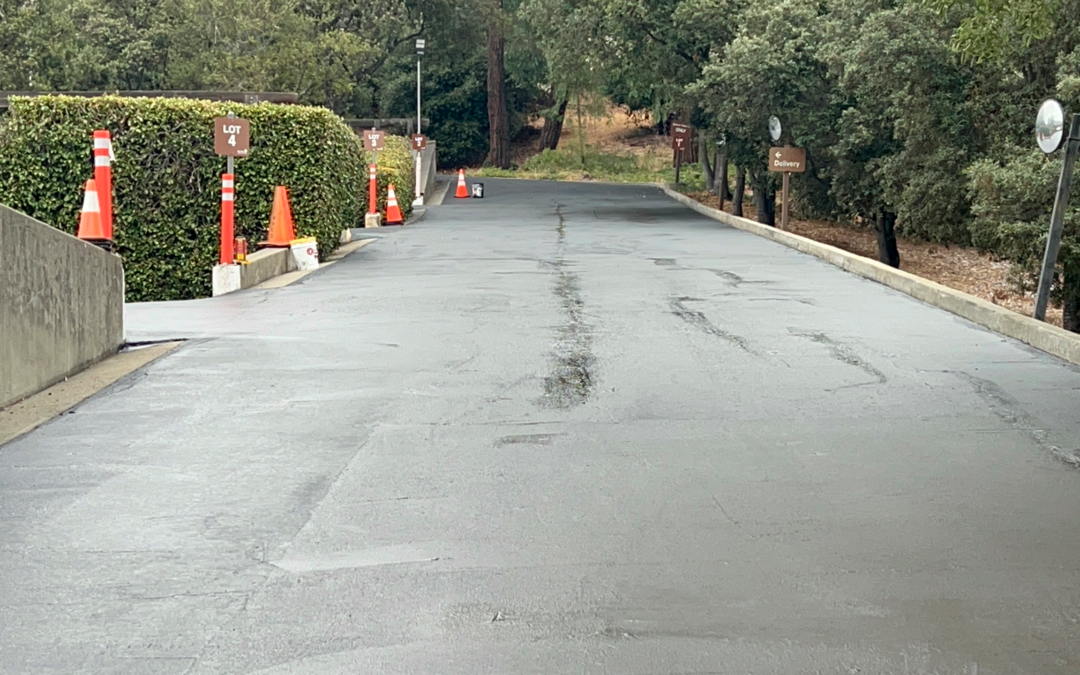Paving driveways, parking lots, or roadways, one of the most frequently asked questions is whether thicker asphalt will last longer. In Sacramento, California, where the climate can fluctuate significantly throughout the year, this question becomes even more pertinent. Join me as we delve into the details of asphalt thickness and its impact on longevity in the Sacramento region.
Understanding Asphalt Thickness
Asphalt thickness refers to the depth of the asphalt layer applied during the paving process. The standard thickness for residential driveways typically ranges from 2 to 4 inches, while commercial and industrial applications may require layers up to 6 inches or more. The theory behind thicker asphalt lasting longer is grounded in its ability to better withstand heavy loads and resist surface wear over time.
Climate Considerations in Sacramento
Sacramento’s climate is characterized by hot, dry summers and cool, wet winters. These seasonal extremes can place significant stress on asphalt surfaces. In the summer, high temperatures can cause the asphalt to soften and become more susceptible to deformation under heavy loads. In the winter, rain and occasional frost can lead to water infiltration and freeze-thaw cycles, which can cause cracking and other forms of damage.
Benefits of Thicker Asphalt
- Increased Load-Bearing Capacity: Thicker asphalt layers can better distribute the weight of vehicles, reducing the risk of surface deformation and rutting. This is particularly beneficial for areas with high traffic volumes or heavy vehicle use, such as commercial parking lots.
- Enhanced Durability: A thicker layer of asphalt can provide greater resistance to surface wear and tear, including cracking, potholes, and other forms of deterioration caused by weather conditions and daily use.
- Improved Resistance to Water Infiltration: Thicker asphalt can offer better protection against water infiltration, which is crucial during Sacramento’s rainy season. Properly sealed and maintained thick asphalt surfaces can prevent water from seeping into the base and subgrade, reducing the risk of damage from freeze-thaw cycles.
- Longer Lifespan: Overall, thicker asphalt layers tend to have a longer lifespan compared to thinner layers. While the initial investment may be higher, the extended durability and reduced maintenance costs can make it a more cost-effective solution in the long run.
Considerations for Asphalt Thickness in Sacramento
- Subgrade Preparation: The longevity of asphalt is not solely dependent on its thickness; proper subgrade preparation is equally important. Ensuring a stable and well-compacted base is crucial for the performance of thicker asphalt layers.
- Drainage: Adequate drainage is essential to prevent water from pooling on the surface or infiltrating the asphalt. Sacramento’s wet winters necessitate effective drainage systems to maintain the integrity of thicker asphalt surfaces.
- Material Quality: Using high-quality asphalt mix is vital for achieving the desired durability. The asphalt should be designed to withstand Sacramento’s temperature fluctuations and the specific load requirements of the area.
- Professional Installation: The expertise of the paving contractor plays a significant role in the performance of the asphalt. Proper installation techniques, including appropriate compaction and layering, are essential for maximizing the benefits of thicker asphalt.
Conclusion
In Sacramento, California, thicker asphalt can indeed last longer, provided that it is installed correctly and maintained properly. The benefits of increased load-bearing capacity, enhanced durability, improved resistance to water infiltration, and longer lifespan make it an attractive option for both residential and commercial applications. However, it’s important to consider factors such as subgrade preparation, drainage, material quality, and professional installation to ensure the longevity and performance of thicker asphalt surfaces.

